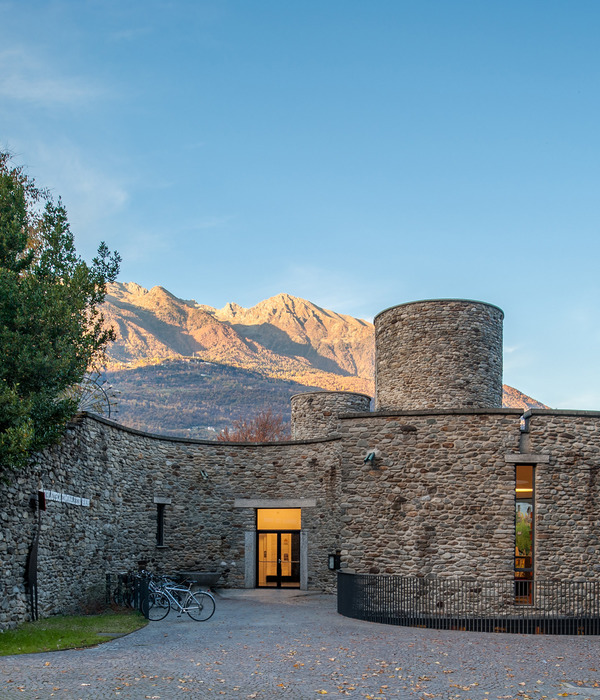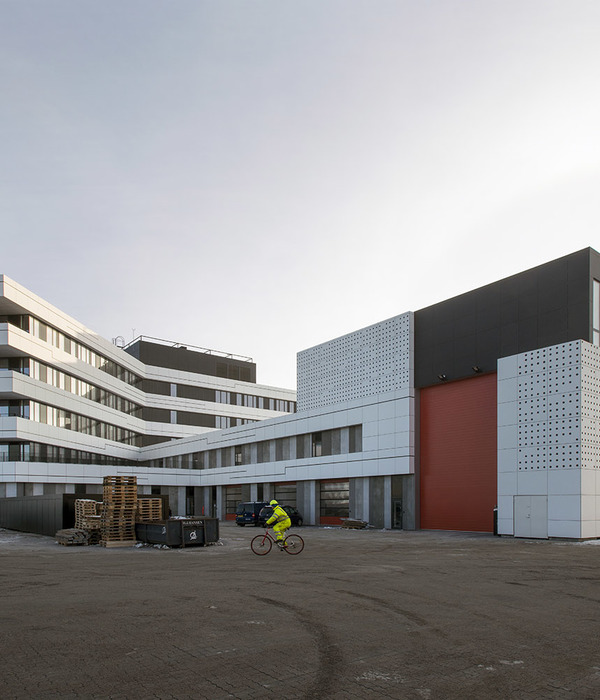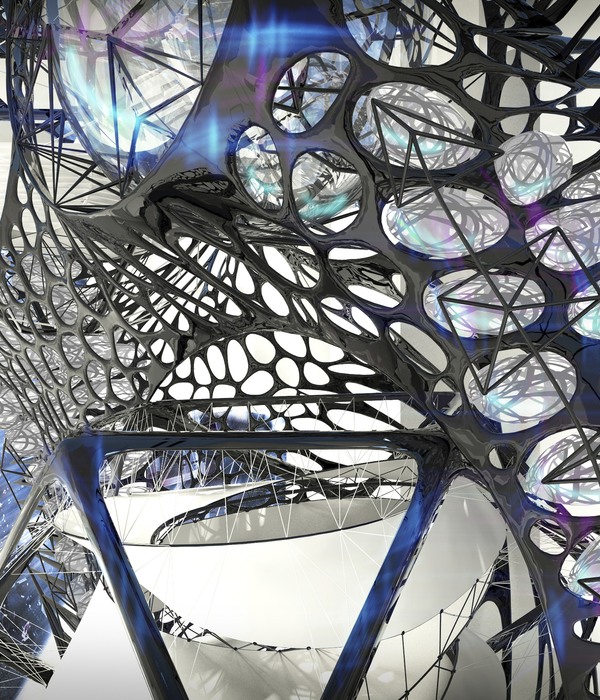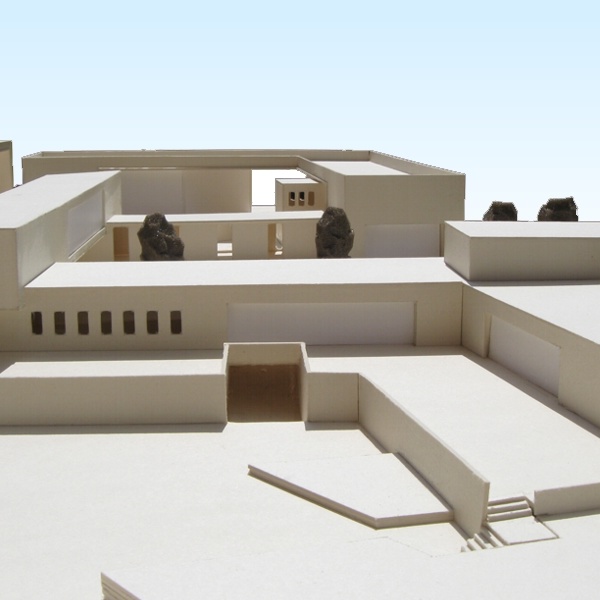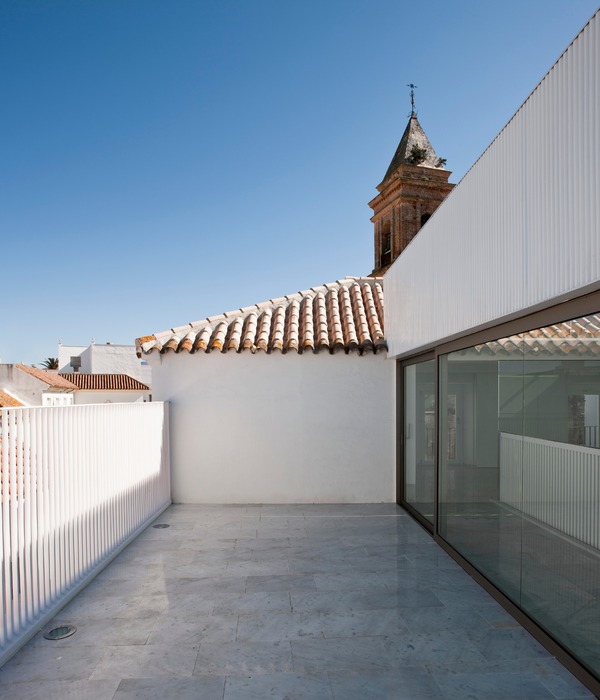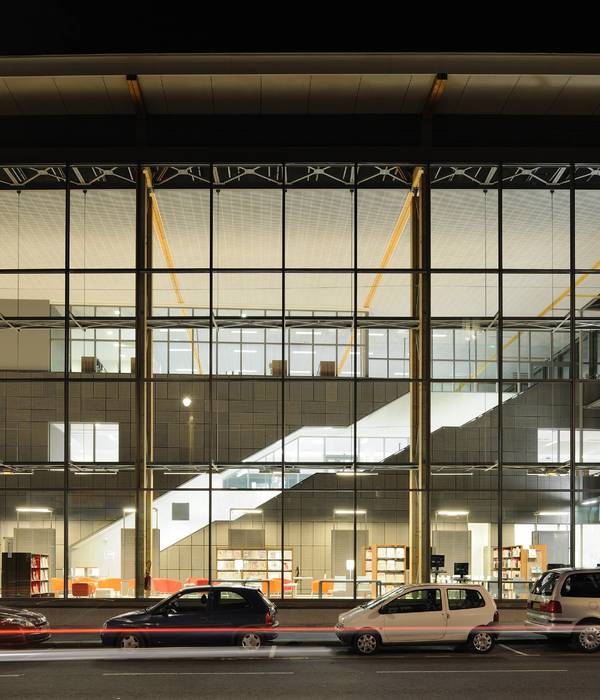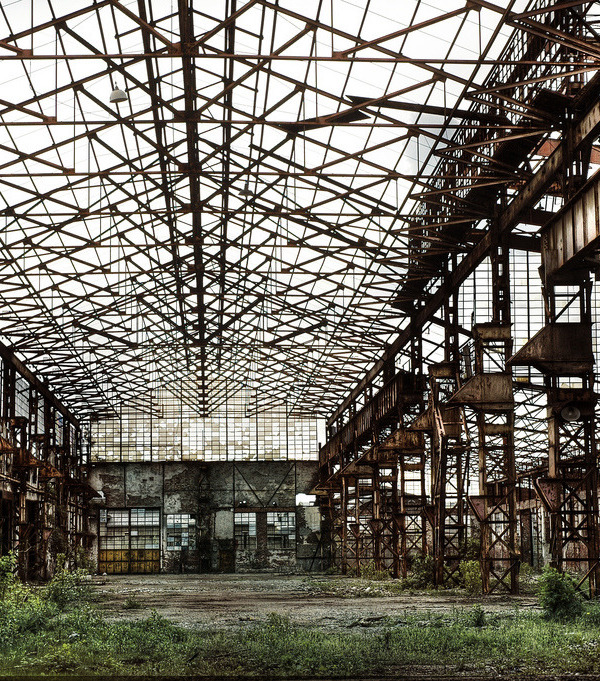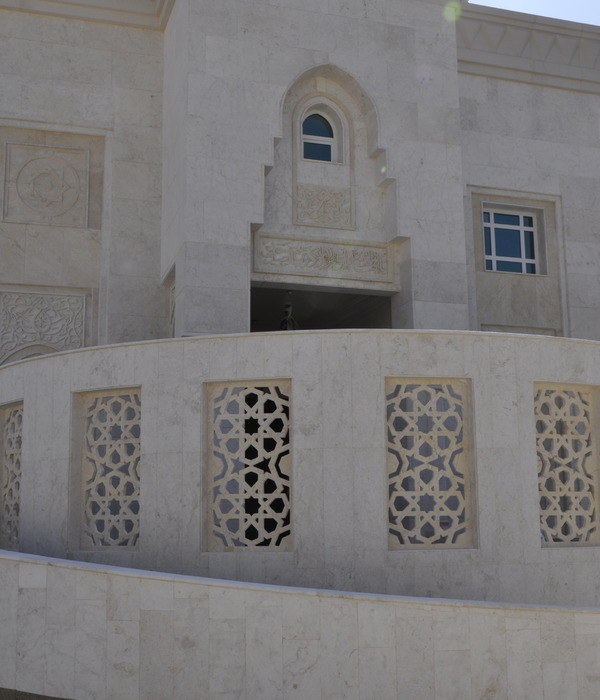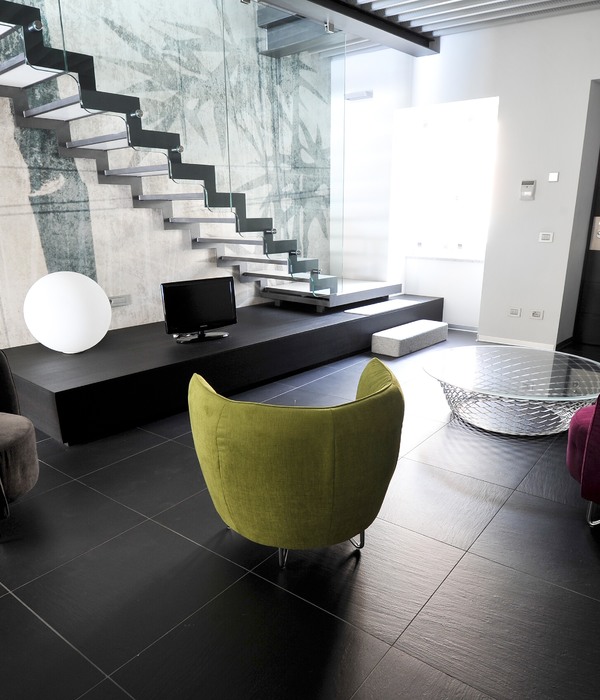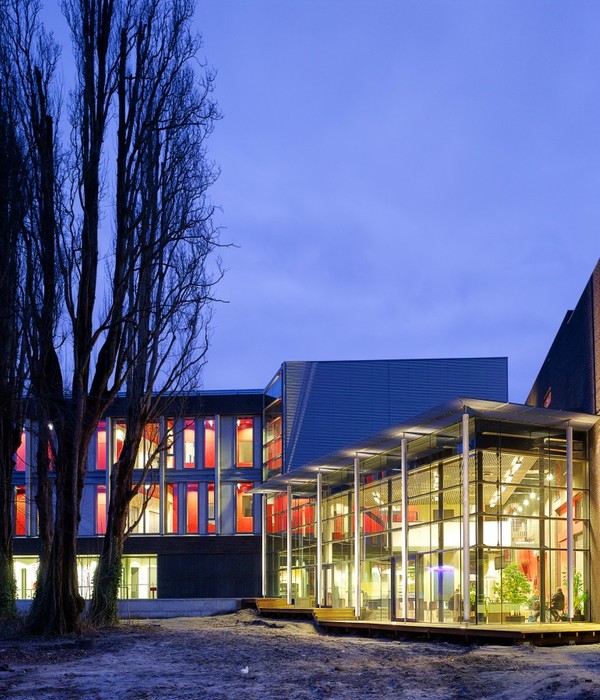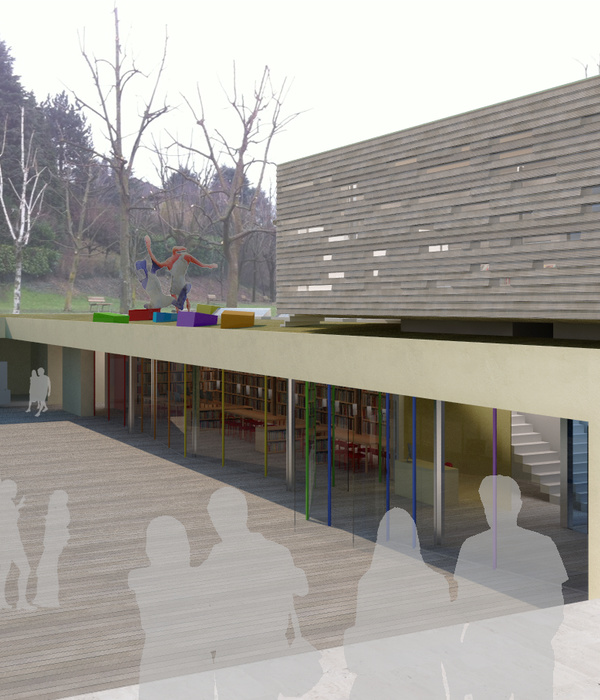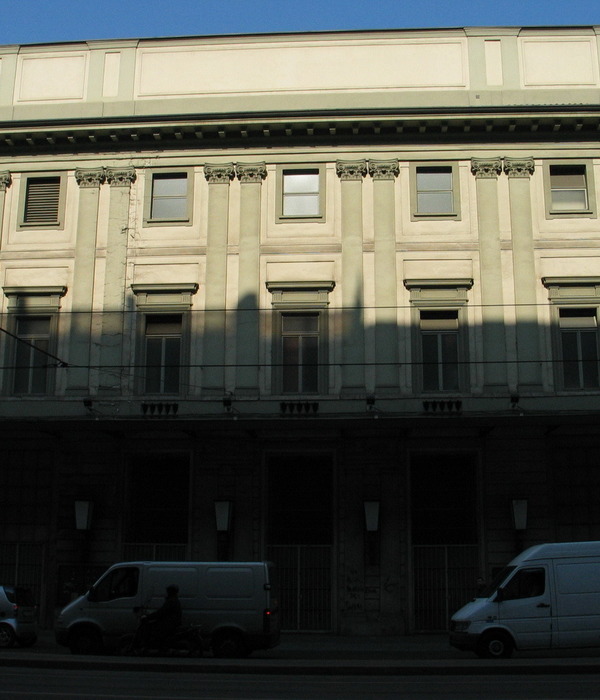The new Stegermatt aquatics centre is located amid the idyllic park landscape of the Offenburg Citizens’ Park. The design of the new centre is characterised by the balanced interplay of architecture and landscape. Expansive roof surfaces, spacious glass façades and atmospheric spatial volumes interlock with the natural surroundings and form an exciting contrast between the built environment and landform.
The new Stegermatt aquatics centre, a combined outdoor and indoor pool with a separate sauna area, was planned to replace the existing facilities in the Offenburg Citizens’ Park. An outdoor pool dating back to 1937 along with an indoor pool were previously situated in the immediate vicinity. The citizens’ park lies close to the centre of Offenburg. Located to the west of this extensive piece of land, the new aquatics centre forms a point of intersection between the city and the park landscape. The two-storey entrance area to the baths is therefore a widely visible landmark for visitors arriving on foot via the citizens’ park. The building is embedded into the landscape by the old tree population, which has largely been retained. To the south, the plot is delimited by a railway line.
The aquatics centre is divided architecturally into three structures for recreation, sport and wellness. These dissolve towards the east and merge gently with the park landscape via the outdoor area. The entrance with its spacious forecourt and parking spaces is located to the northwest of the new building complex. Expansively projecting roof surfaces which soar in a generous gesture in the opposite direction shape the appearance of the new aquatics centre from the outside. The bathing hall, located towards street, welcomes visitors with its projecting roof. The hall situated behind it reflects this gesture and opens out towards the Black Forest. Visitors reach the indoor bathing areas and the separate sauna area, and in the summer months the outdoor pool, via the transparently designed two-storey entrance hall.
The bathing area comprises three different zones for recreational swimming, competitive swimming and swimming lessons. The recreational area provides fun for all the family with a multipurpose pool with a flow channel, a children’s area and a tyre slide. In the sports area, a 25-metre swimming pool, a learners’ pool and a diving pool with two diving towers (3 metres and 5 metres) offer plenty of room for movement for ambitious water sports enthusiasts. The teaching area is located between the bathing halls. Transparent glass elements form a dividing wall, ensuring that activities in the different areas can continue in parallel while maintaining visual axes. The teaching pool has an elevating floor that provides variable water depths allowing great flexibility for the courses offered.
One particular eye-catcher in the two bathing halls is a curved wooden-strip ceiling which rises towards the landform in a gentle wave motion. This design underlines the integration of the bathing halls into the landform, lending the structures an elegant and generous spatial appearance. A compact, two-storey wing of the building forms the backbone of the bathing area with changing rooms and the sanitary equipment needed to run the swimming and sauna facilities. Along with the administration offices and staff rooms, the upper storey also accommodates the students’ changing rooms. A roof terrace is located at the point of intersection between the inclined roof surfaces of the two bathing halls above the teaching area. From here, bathers can enjoy the landscape and the views of the Black Forest. The outdoor area is accessed via vestibules leading from the bathing halls, which are aligned towards the bathing gardens. Immediately in front of the family bathing hall is a paddling and play pool, while a 50-metre swimming pool is located a short distance away from the sports bathing hall. With different water depths (1.35 metres and 2.00 metres), it is not only suitable for sporting activities but, as a non-swimmers’ pool with a wide wave chute, it also enhances the outdoor facilities.
To the south, a free-standing block for the sauna area links with the building complex. This opens out towards the south and west in the direction of Mühlbach. Along with a steam bath, sauna cabins and brine inhalation, the sauna facilities also comprise a cold-water area with multi-sensory showers and a plunge pool along with a separate relaxation area. One further highlight is the outdoor sauna in the extensive sauna gardens – this free-standing building offers bathers a special place of retreat with views across the beautiful park landscape.
The aim in planning the supporting structure and building structure was to harmonise operating efficiency and design. The basement, first floor and changing and sauna wing were constructed using the reinforced-concrete method with composite steel columns and flat concrete slabs. The ceiling panels were as far as possible constructed without joists and with economical span widths, supported by wall panels or columns. The roof structure of the bathing halls consists of an adjusted supporting steel structure made from prefabricated steel girders assembled on site with screw connections. The roof is supported by steel stanchions along the glass façades and by individual round steel columns in the bathing halls. The number of steel stanchions depends on the respective use: the large pools require greater supporting widths in the sports hall – only three tree-like steel stanchions were placed in the room. In the recreation hall, by contrast, considerably more steel stanchions provide narrower supporting widths, and therefore a reduction in the use of materials in the ceiling structure.
Large-surface glass façades, exposed concrete, wood, steel, subtly designed floor tiles and reduced colourfulness lend the interior a pleasantly calm atmosphere in harmony with the surrounding landscape. On the exterior too, the aquatics centre gives way to nature: white metal cladding, white varnished wooden ceiling elements, white columns and a white outdoor slide combined with glass façades and wood-panelled façades ensure that the partly expressively designed volumes and levels appear restrained and light.
{{item.text_origin}}

